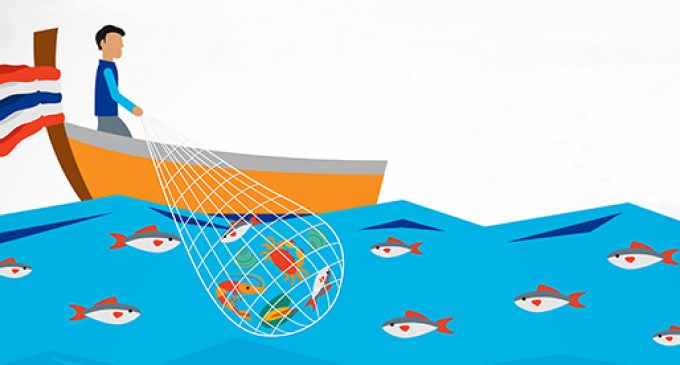Nestlé Takes Action to Tackle Seafood Supply Chain Abuses

Given increasing concerns about labour and human rights abuses in the seafood supply chain and its commitment to eliminate such practices, Nestlé has published an Action Plan on seafood sourced from Thailand. It contains a series of actions designed to protect workers from abuses, improve working conditions and tackle unacceptable practices including juvenile and teenage working.
Executive Vice President of Operations at Nestlé, Magdi Batato says: “Nestlé is committed to eliminating forced labour in our seafood supply chain in Thailand, working alongside other stakeholders to tackle this serious and complex issue. We believe that our Action Plan will help improve the lives of those affected by unacceptable practices. This will be neither a quick nor an easy endeavour, but we look forward to making significant progress in the months ahead.”
Nestlé is fully committed to ensuring that its products are not associated with forced labour through the company’s mandatory Nestlé Supplier Code and Responsible Sourcing Guideline (RSG), which require all suppliers to respect human rights and to comply with all applicable labour laws. In the case of fish and seafood, Nestlé, for example, engages with suppliers in Thailand to identify any potential unlawful labour practices and pursue appropriate actions to eliminate such practices from its supply chain.
Alongside the Thai Government, local seafood suppliers and international buyers, Nestlé also participates in the multi-stakeholder International Labour Organization (ILO) Working Group, which is seeking collaborative solutions to improve labour conditions in Thailand’s complex seafood export industry.

































